TABLE OF CONTENTS
Many people assume that steel knives are the standard in cooking, but ceramic knives are no slouch by any means. I've had the opportunity of being cut by broken ceramic recently, and let's say it cuts beautifully!
Contrary to popular belief, ceramic blades are not made using the same ceramic type employed for other kitchen accessories such as coffee mugs or dishes. The ceramic used for knives are typically made from powdered zirconium dioxide - a kind of mineral with a hardness close to diamond - and is processed through a sintering process similar to metal. They are very resistant to strong acids and other corrosive substances, meaning you won't have to worry about rust damage.
In short, ceramic has lots of benefits over steel, but it also carries its weaknesses. Thus, the answer to which one is better depends heavily on the use you'll give to the knife, the price you're willing to pay, and the durability you'll expect from it.
In the following paragraphs, we'll be comparing ceramic vs. steel knives (using ceramic as the measuring standard) to give you some ideas as to which one fits your specific needs.
The Pros of Ceramic Knives
1. Harder
The ceramic used for the blade is more complex than metal by about 5 decimals in the Mohs scale. Zirconium oxide is the second-hardest mineral in existence, right after diamond. This means that ceramic blades won't wear out as often as steel blades, and they'll be kept razor-sharp. As a result, manufacturers have more minor issues offering free sharpening services, in contrast with most mass steel knife providers. Some Japanese knife producers do offer a whetstone to consumers to sharpen their blades. In the case of ceramic knives, they need to be sharpened with a diamond sharpening tool.
The blade's hardness enables it to pass through soft material much easier, and you'll feel like a professional slicer after using it on your fruits, vegetables, and butter.
2. No Rust
This, of course, is a given. Ceramic does not rust. Stainless steel knives endure much more than carbon steel, albeit more compromised in the edge department. If you are comfortable with the quality of a stainless steel knife, though, this should not present much of a hindrance.
3. Cleaner
Ceramic blades are denser and more compact than steel blades, meaning that there is less porousness. Consequently, dirt and grime will not accumulate as much, and they may be cleaned with far more ease than metal knives, without much scrubbing.
This likewise applies to odors. Due to the lower pore count, ceramic won't transfer aromas from other food items as readily. As you cut a spicy ingredient, you can remove any trace of odor with a quick rinse and use the knife on the next thing without worries!
4. Weights Less
This one is a midway "pro," but with a "con" embedded into it. As ceramic is lighter than metal, you can use it without much strain on your arms, shoulders, and back. However, this can be detrimental when you want to do more precision work, especially if you have a shaky pulse, which is why German and Japanese metal knives, due to their well-balanced build, can be handy for those kinds of kitchen work that require you to feel that you have a tool in your hands.
If you only need to do daily slicing and dicing, a ceramic knife may work wonders, but you'll end up feeling that your hand did all the work, particularly when you've used it for hours!

The Cons of Ceramic Knives
1. Not Very Versatile
While ceramic blades are excellent for slicing softer food items, they are not meant for many other uses. They're not very useful for cutting hard surfaces such as frozen food or bones due to their lightness and hardness. If you don't debone meat all that often, they are the right choice for you, don't expect an all-encompassing power tool that will satisfy all your cooking needs.
2. A Lot Brittler
Ironically, the hardness of ceramic makes it more prone to breaking and chipping. This makes sense when we get into all the technicals of hardness vs. strength (glass is more complex than plastic but more fragile due to its internal stress.) Metal is tempered to remove weakening tension, so it doesn't carry the brittleness that ceramic has. Hence, ceramic knives require extra care to not accidentally banged into anything, dropped on the floor, or flexed. This also presents a real issue for people who are used to dishwashers, as these knives are susceptible to damage from heavy-duty washing.
Some ceramic knives are made using a process called hot isostatic pressing (HIP), which increases the density, toughness, and overall workability of ceramic. They usually come in darker colors and cost a lot more than regular ceramic knives. The Kizuna series, manufactured by Kyocera, comes equipped with this type of ceramic blade.
3. Availability and Price Issues
There is a lack of low-end ceramic knives on the market. Although the price is usually lower than most flagship steel knives, they're still pricier than budget steel knives. This is the reason why steel knives are generally more popular.
4. Harder to Sharp
Even though we stated earlier that ceramic blades preserve their razor-sharp edge much longer, they are also harder to sharpen due to the overall hardness of the material. A regular whetstone won't "cut" (pun slightly intended). A diamond-dust-coated grinding wheel is required, and it's a costly tool for regular customers to own. However, as stated earlier, many manufacturers offer sharpening services for free as part of the package.
To Summarize
So, in summary, which one would you pick? I, for one, would opt for diversity on this point. If you can have both, then, by all means! If not, then you may probably go for the safer steel option if you're able to live through its handicaps. Nonetheless, in general, there is no inherent superiority of one material over the other.
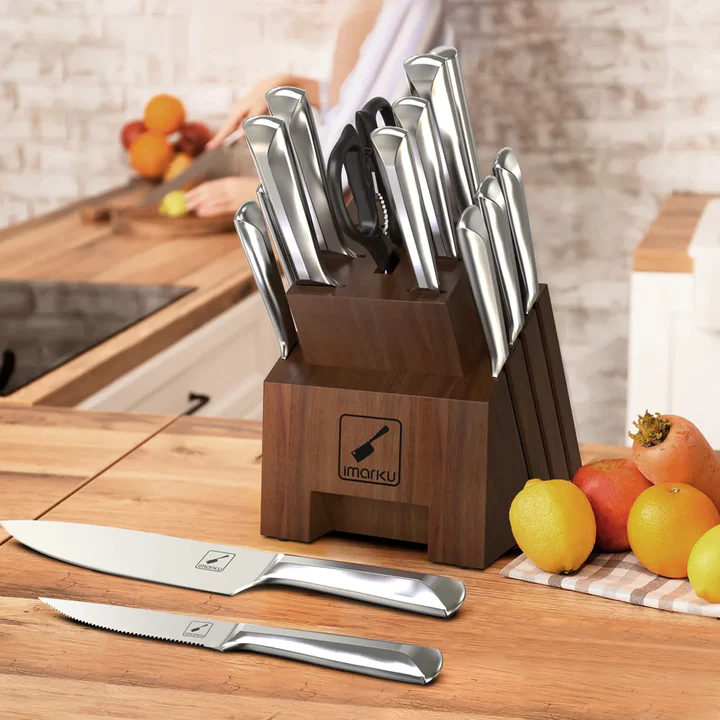
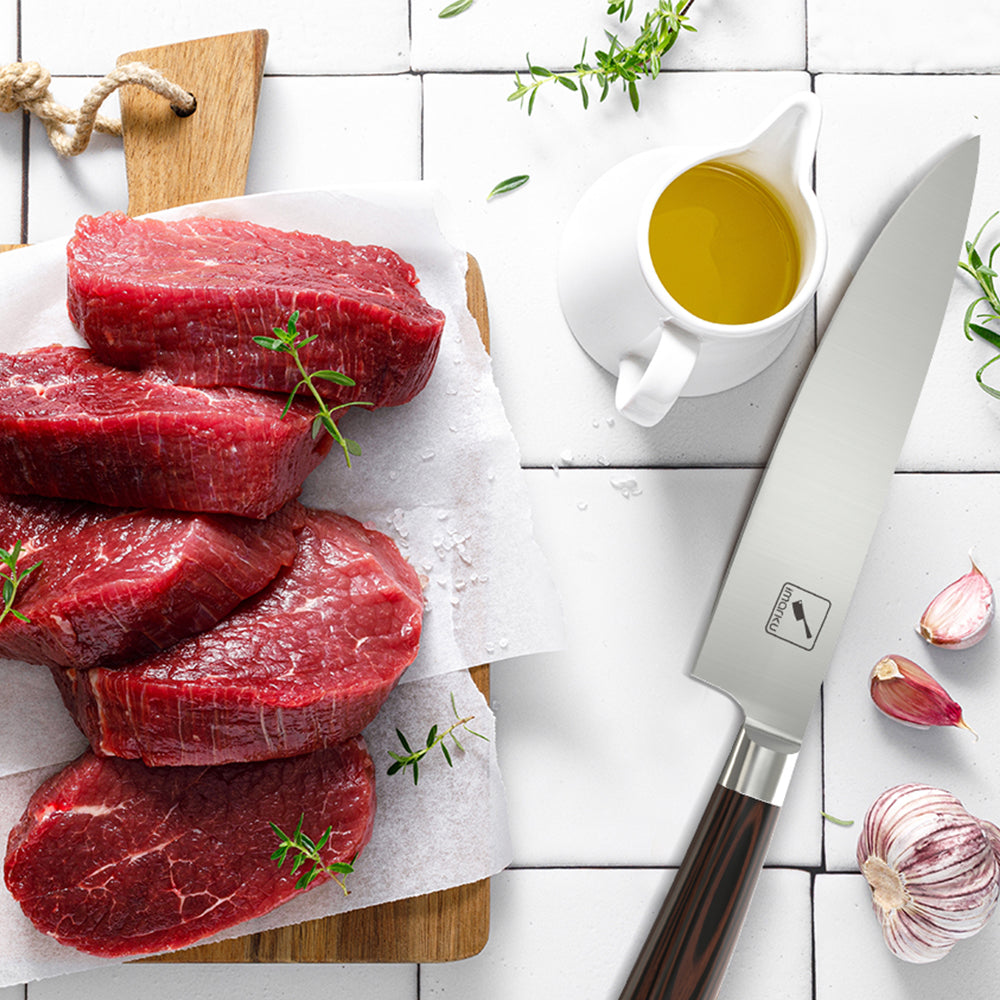





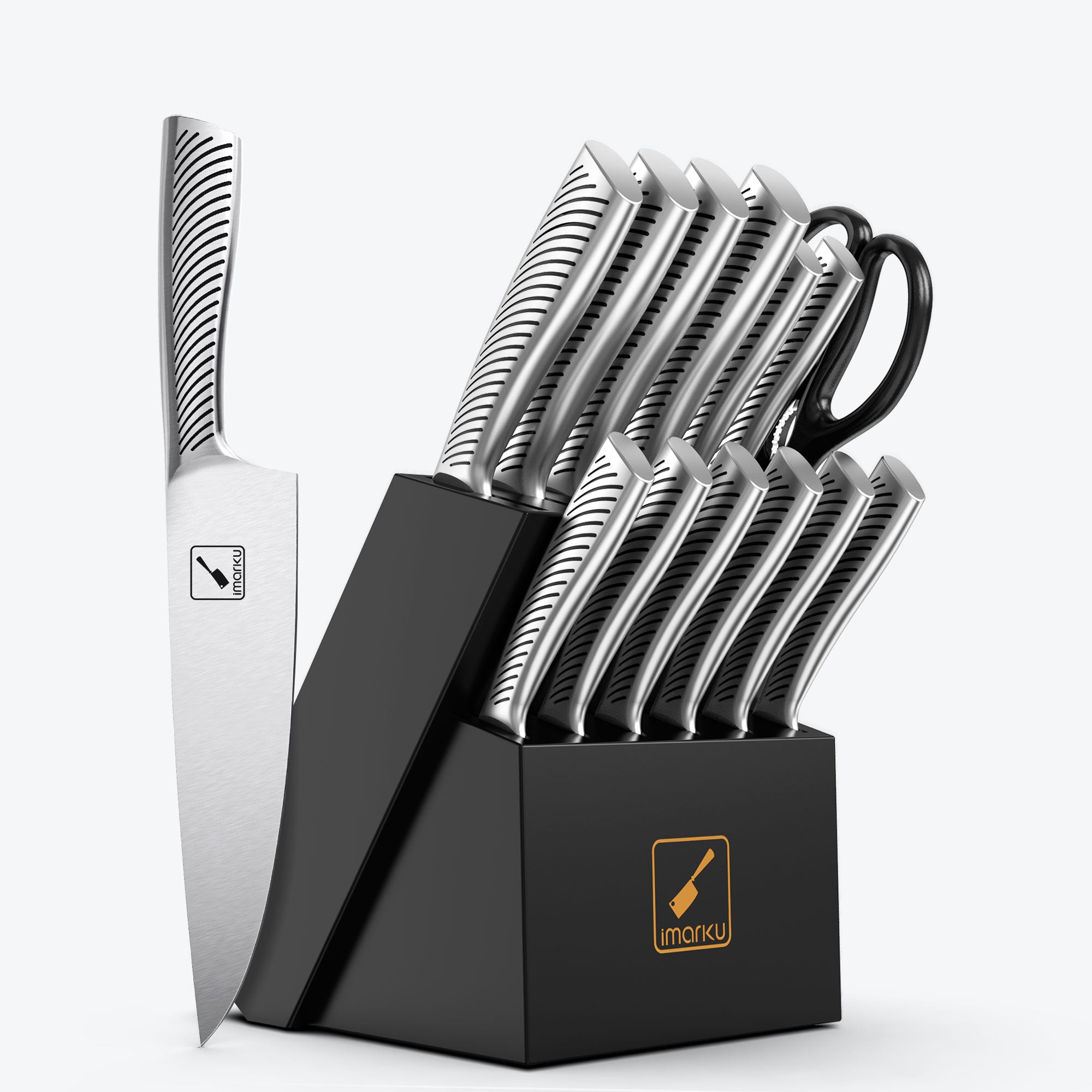
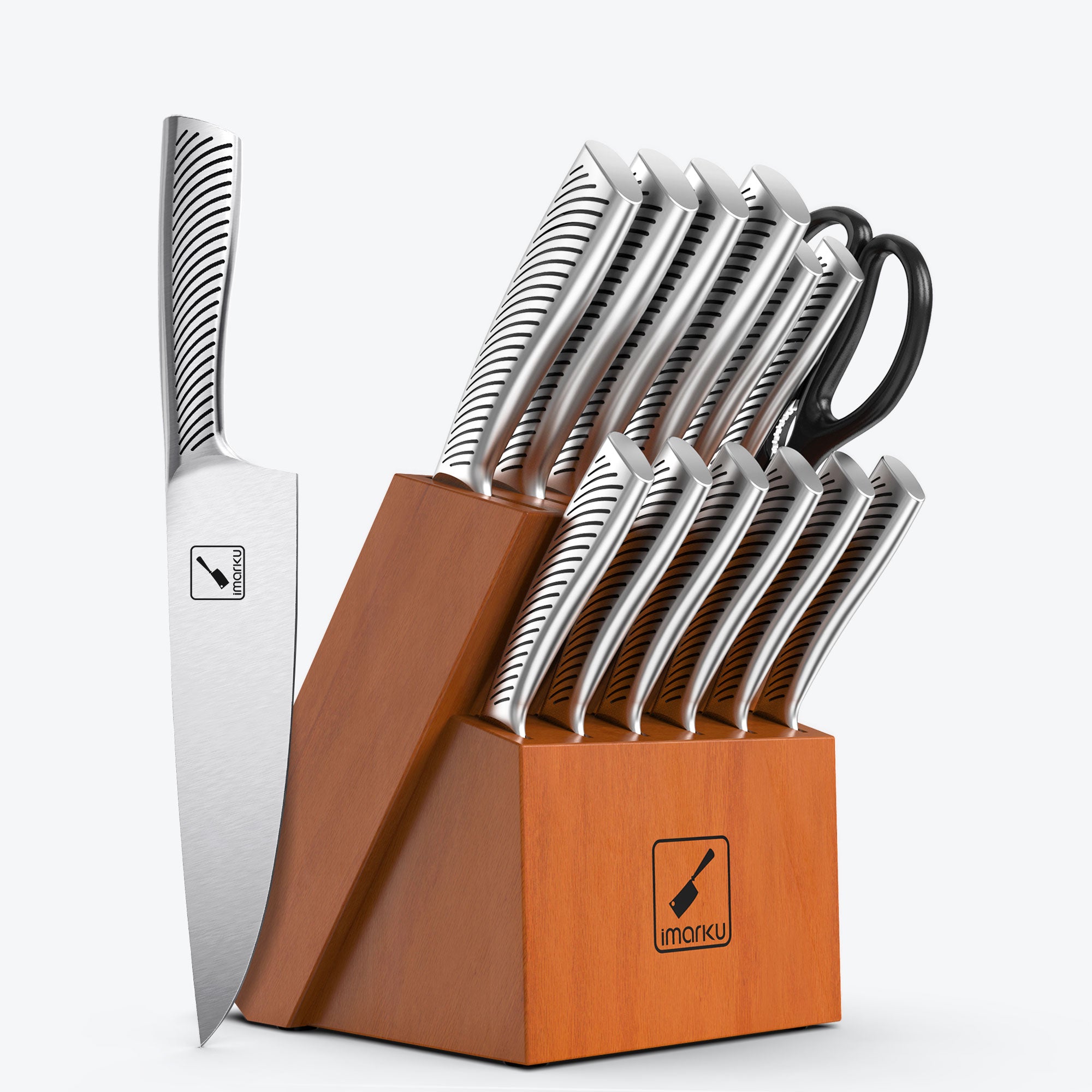
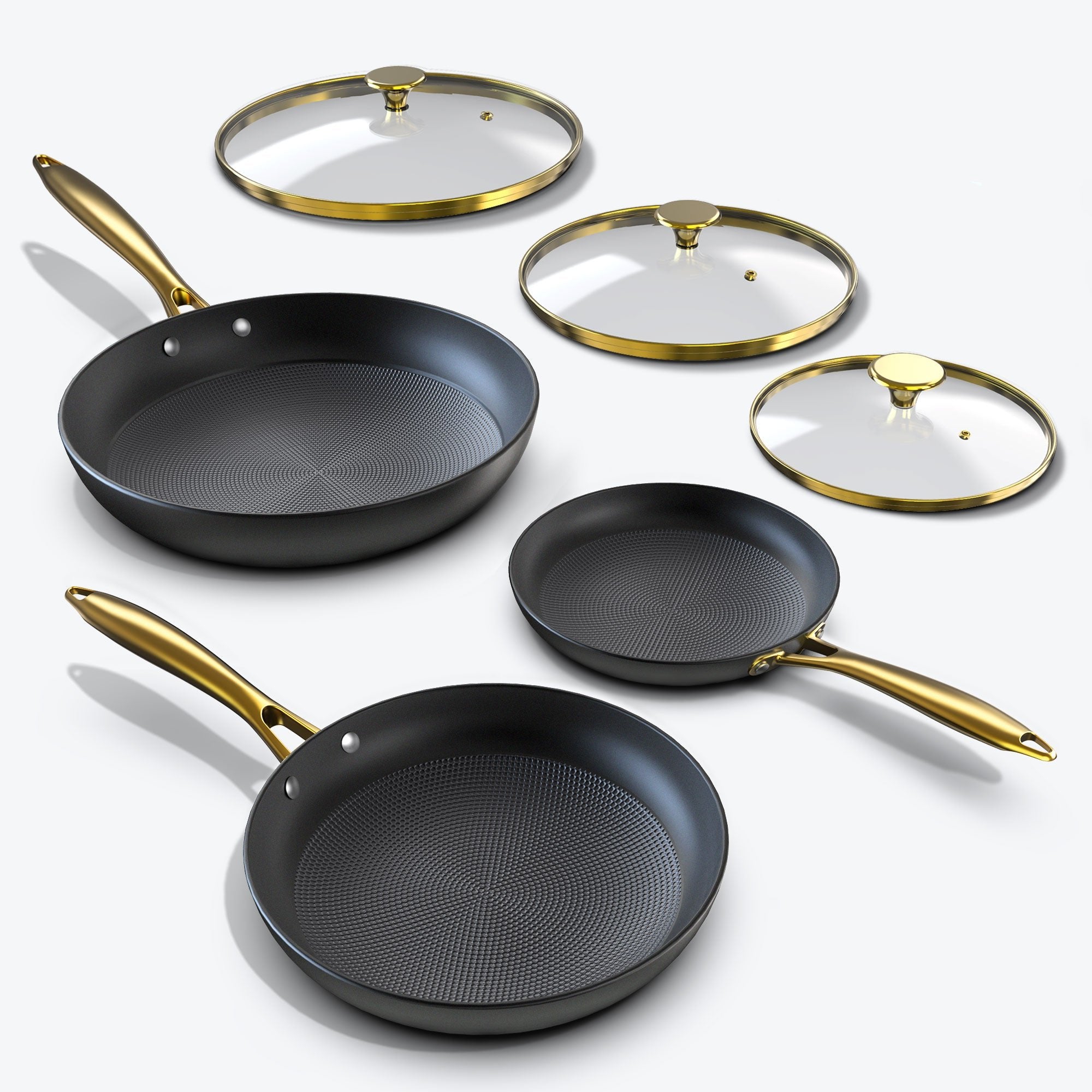
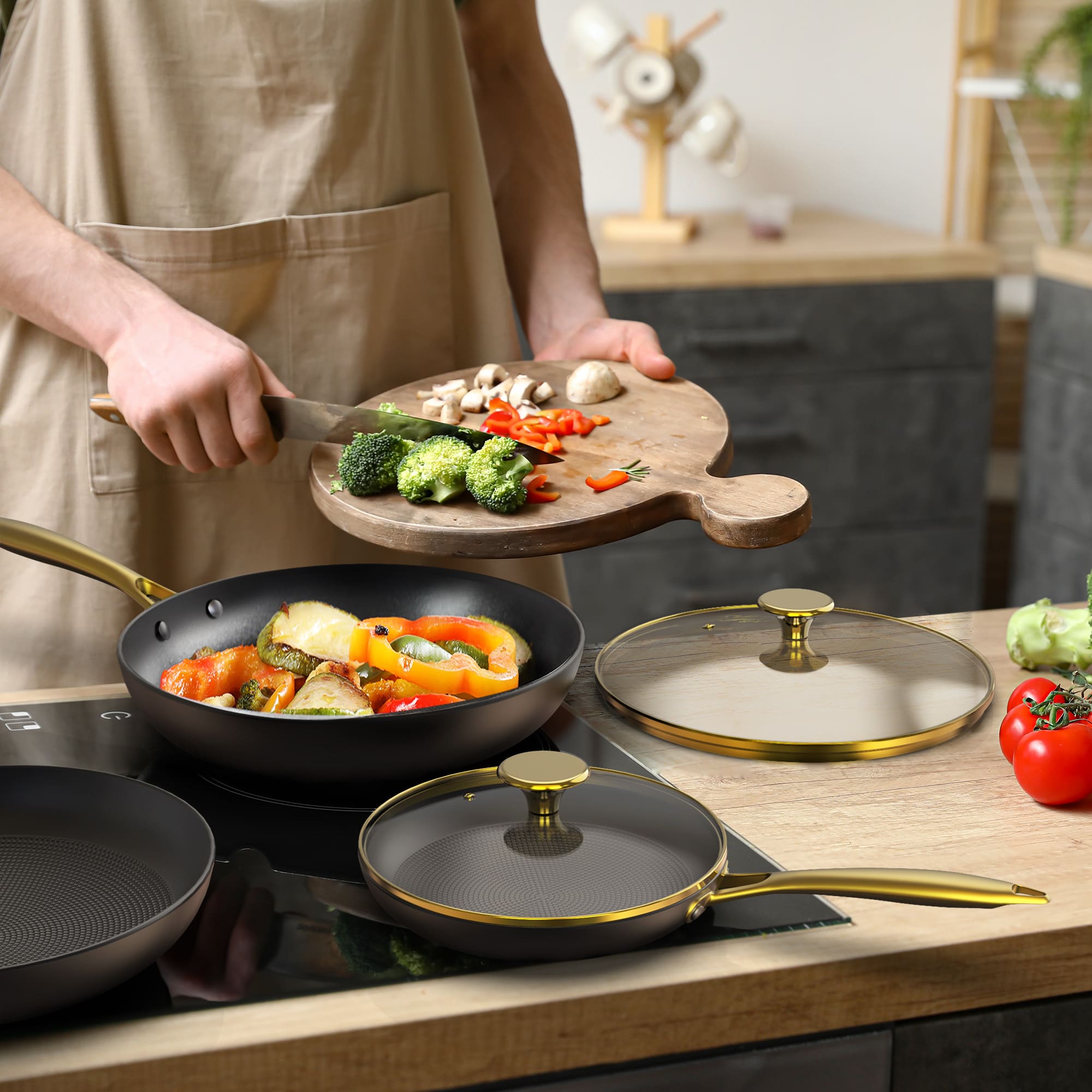
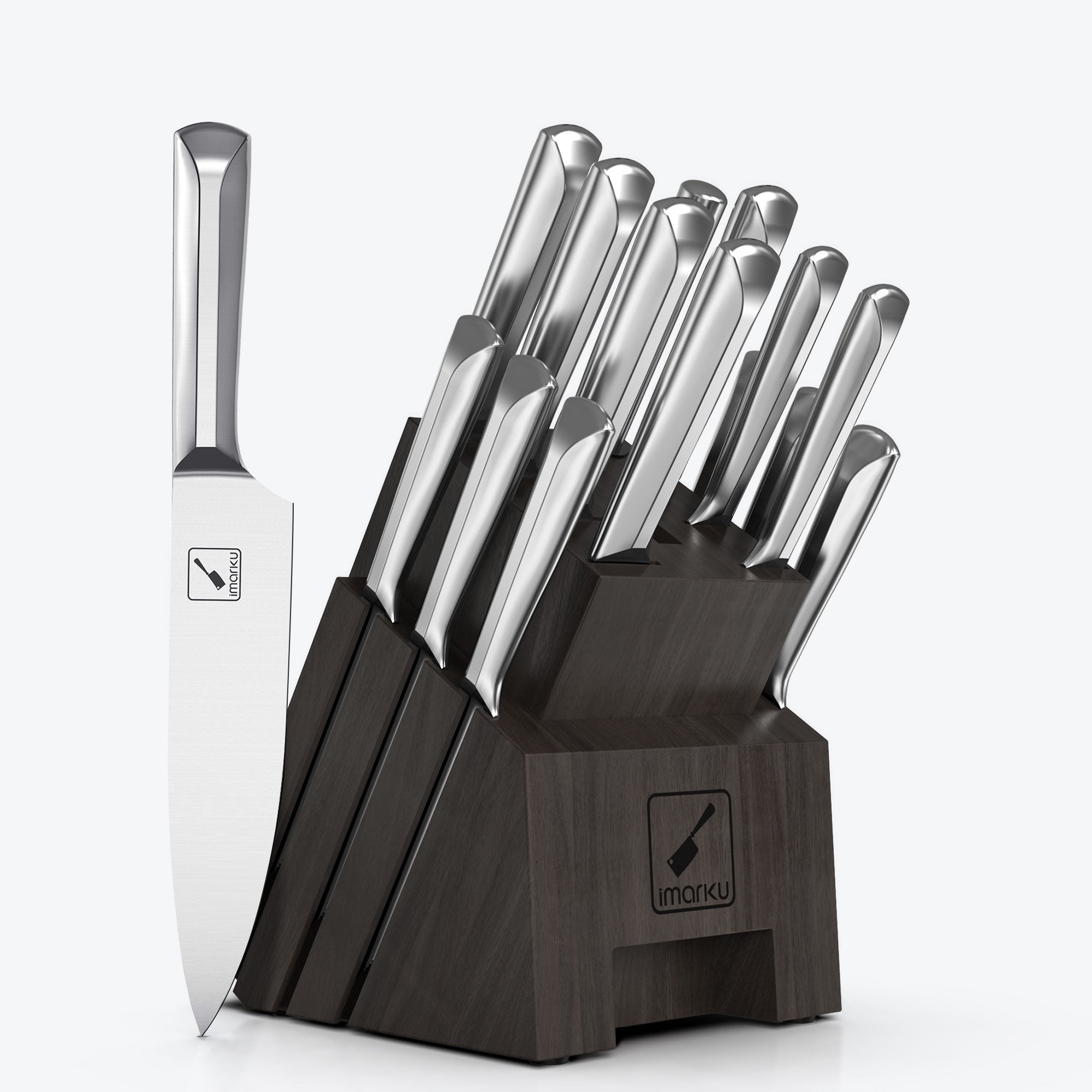
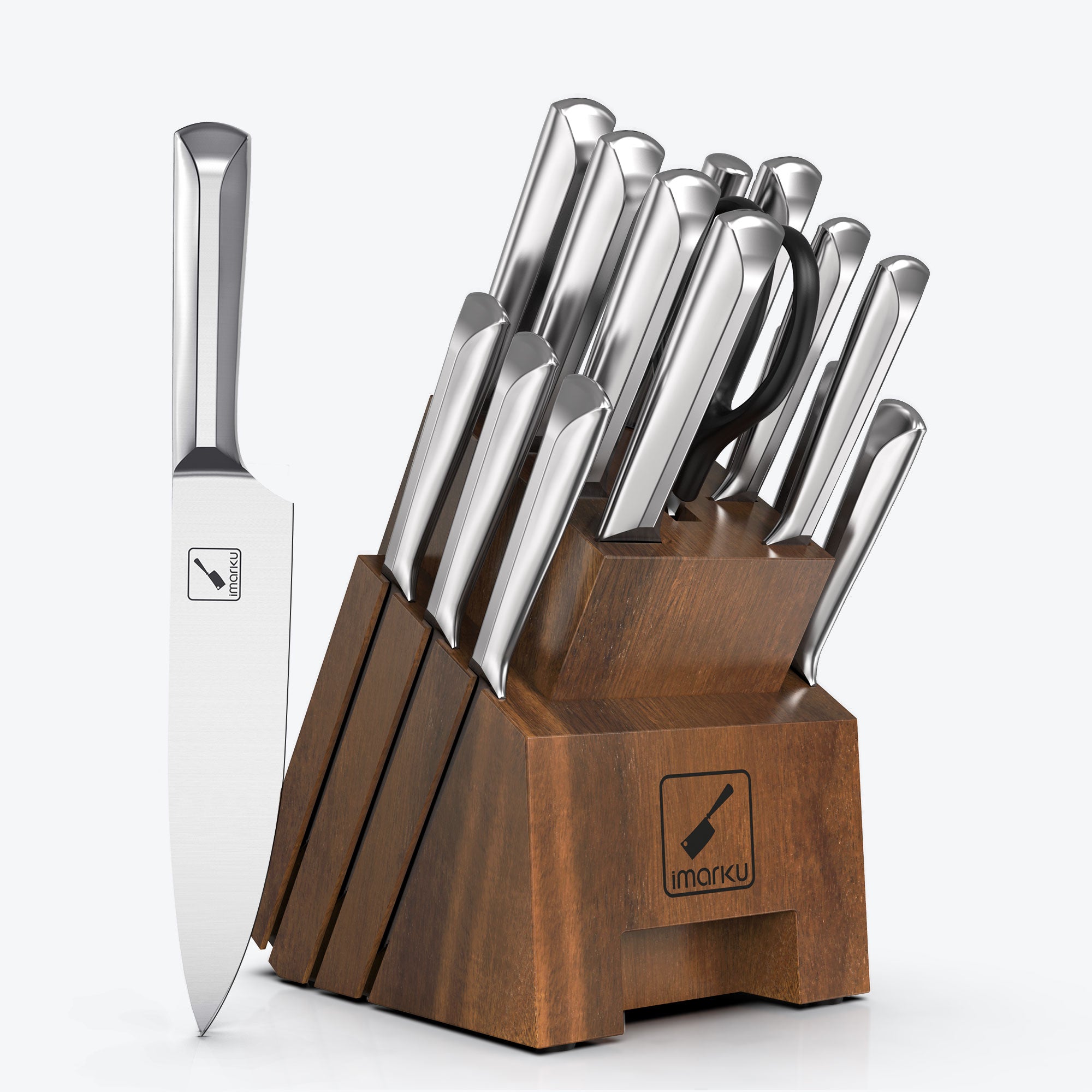
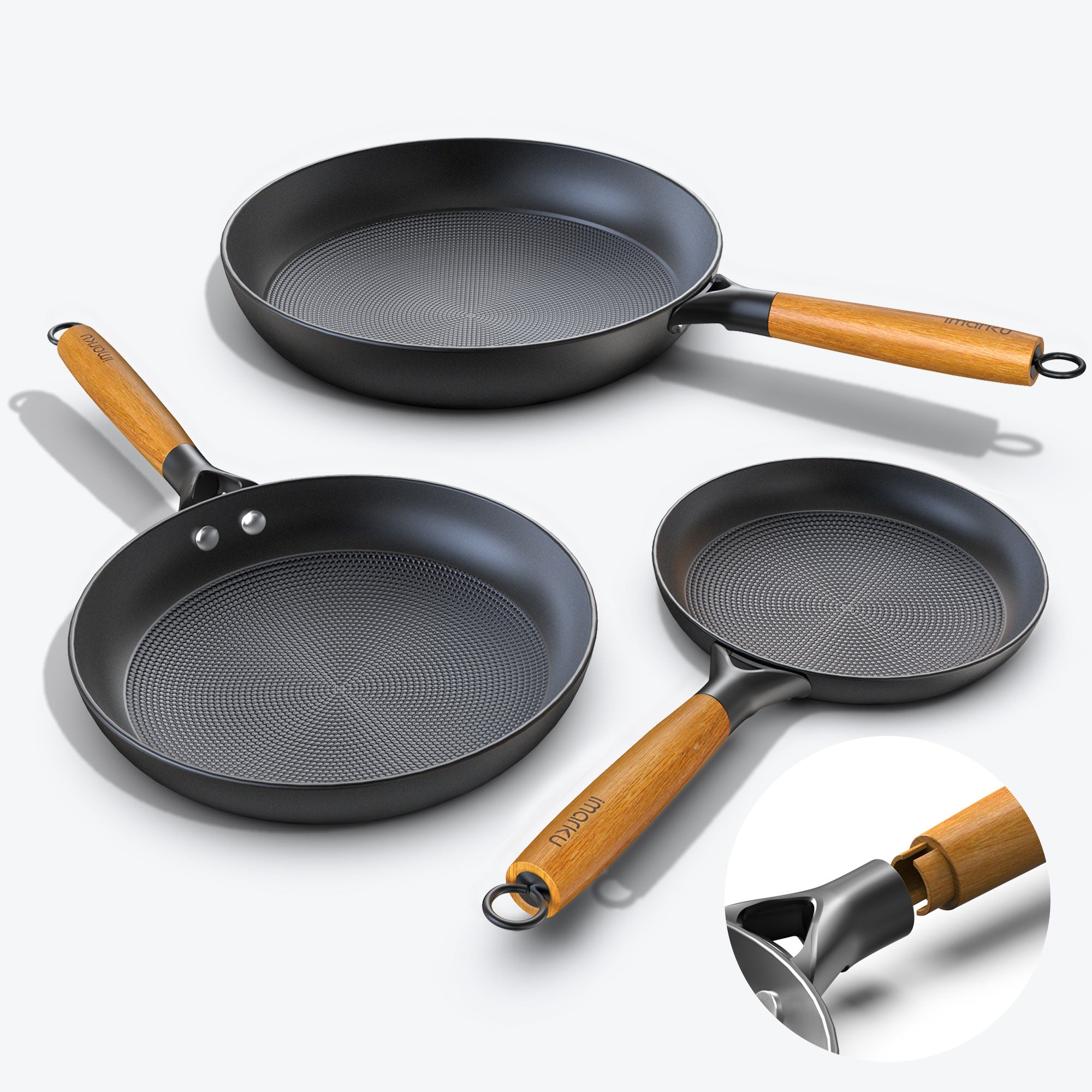
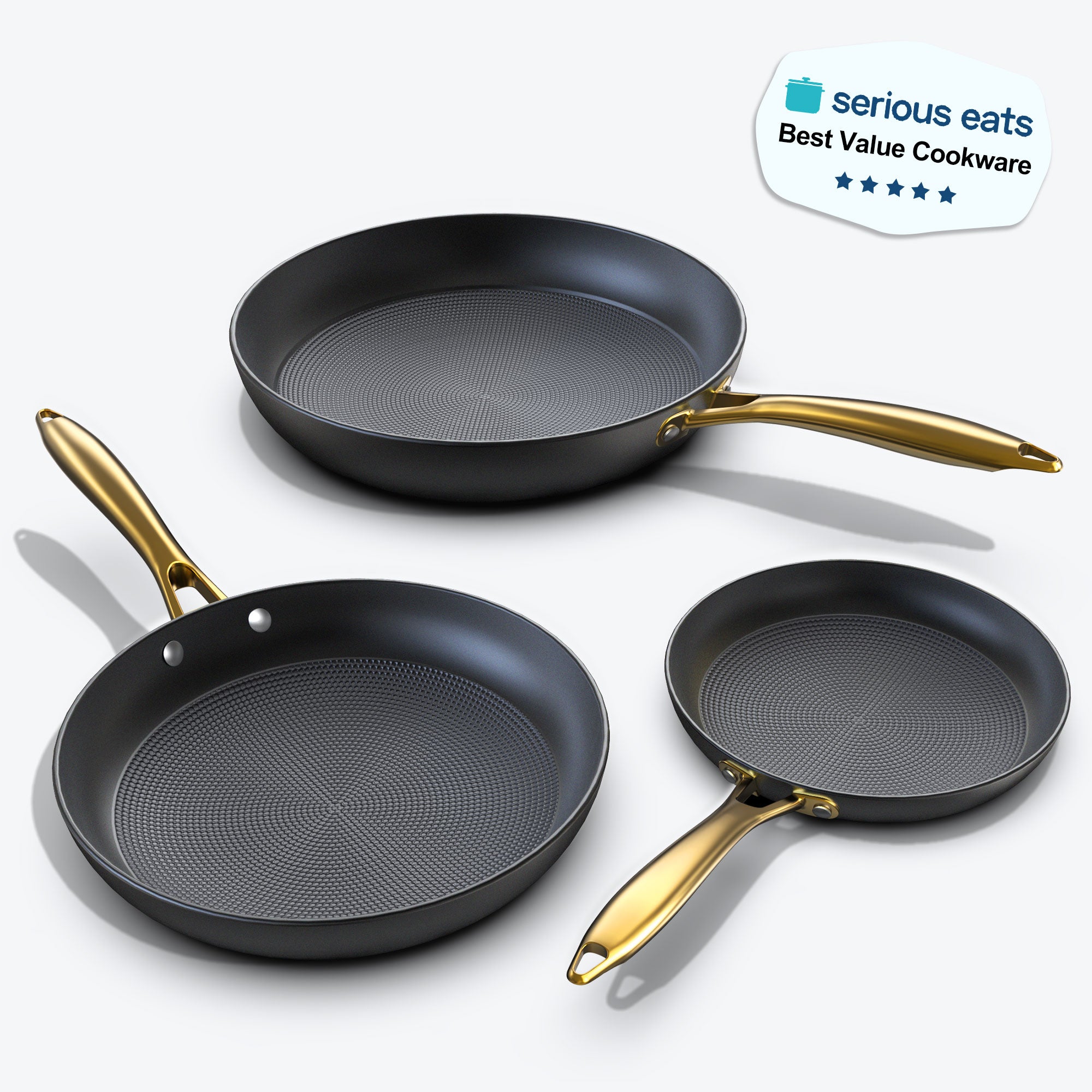
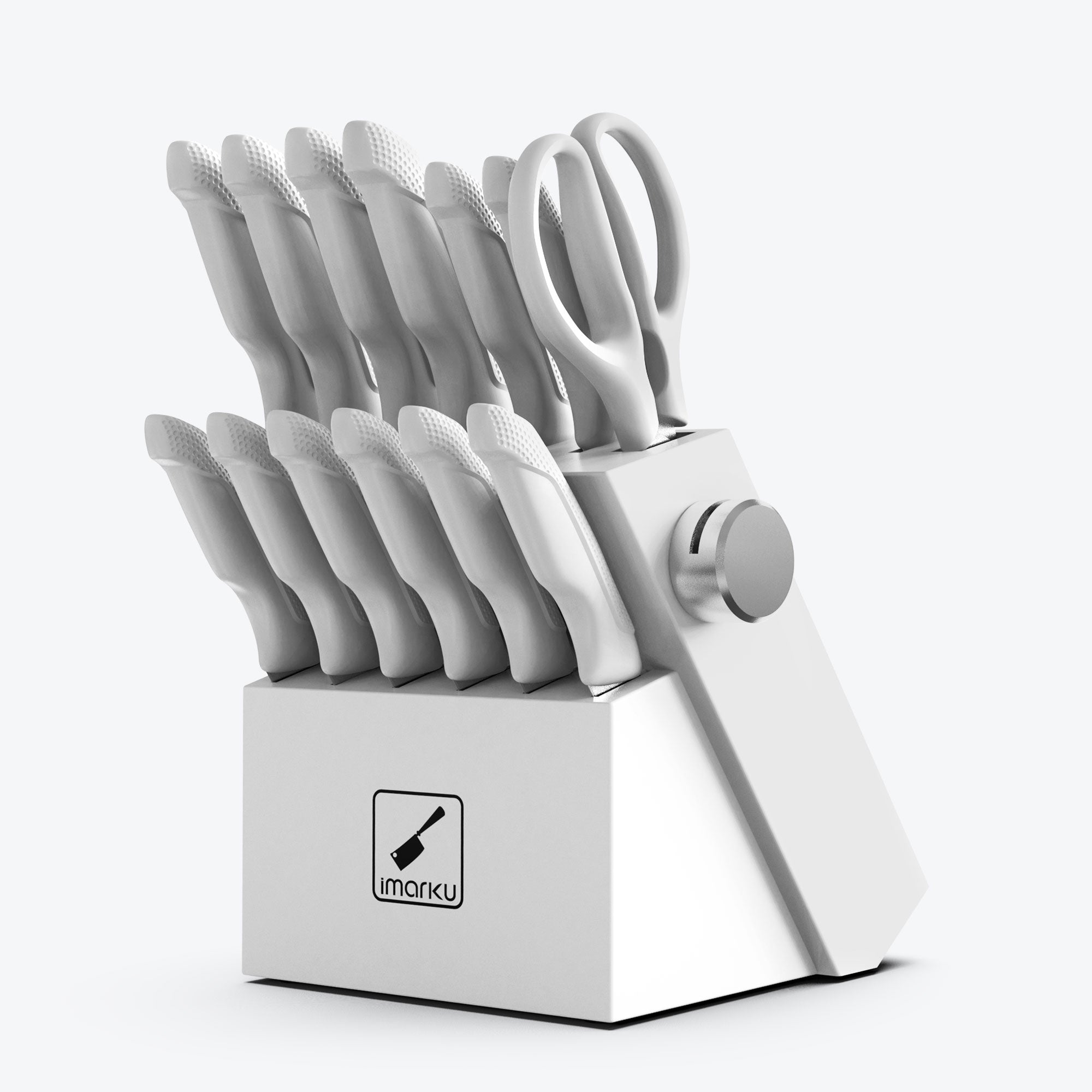
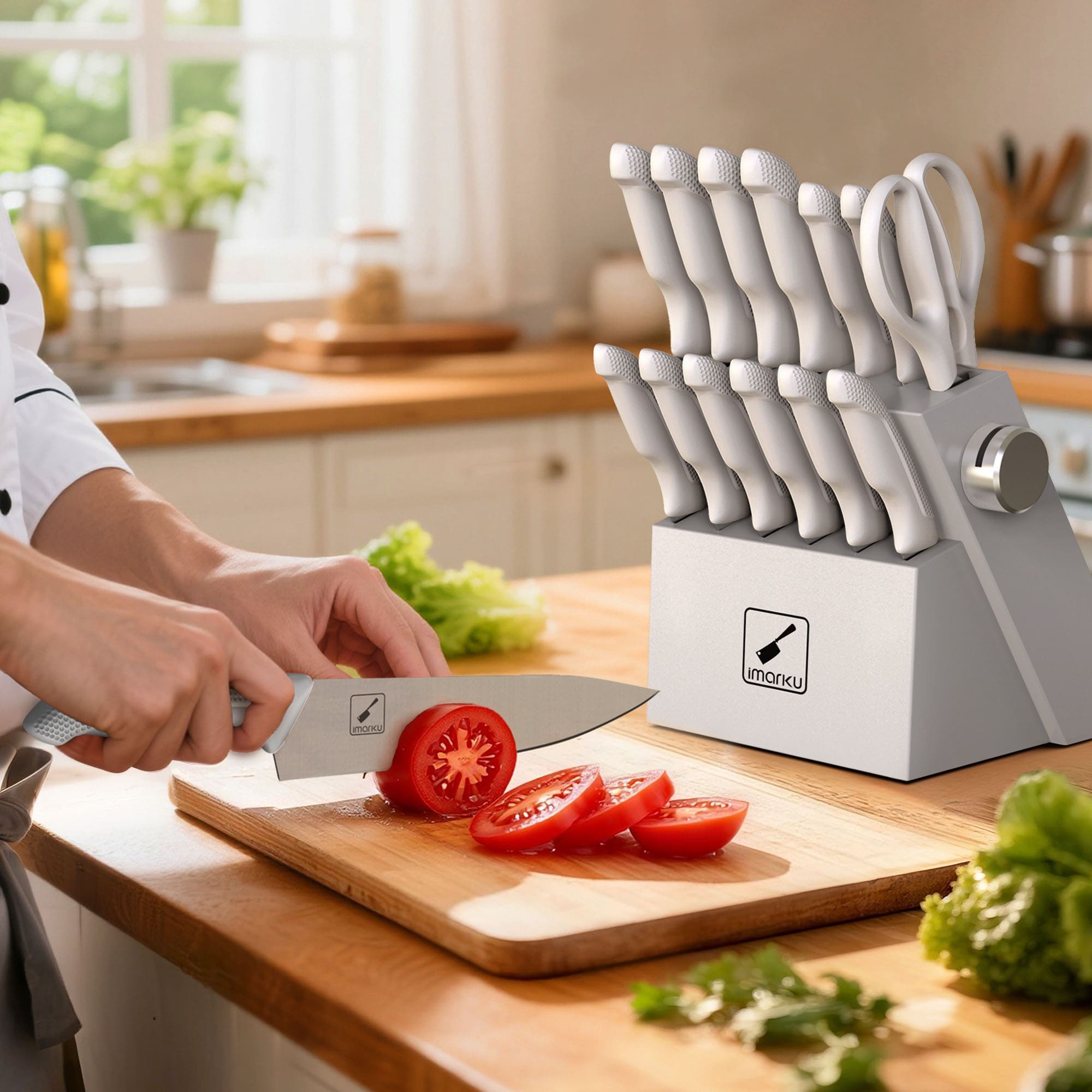
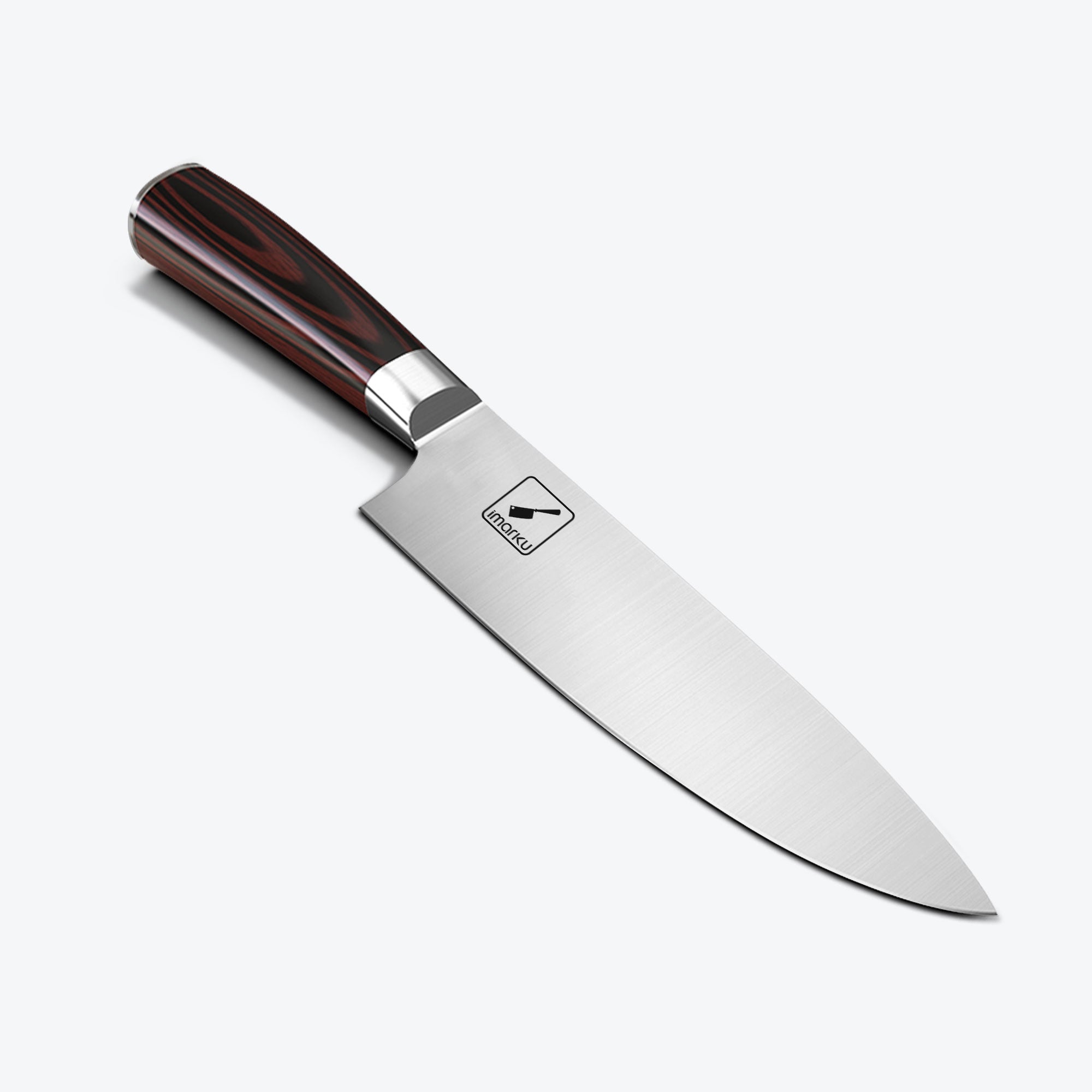
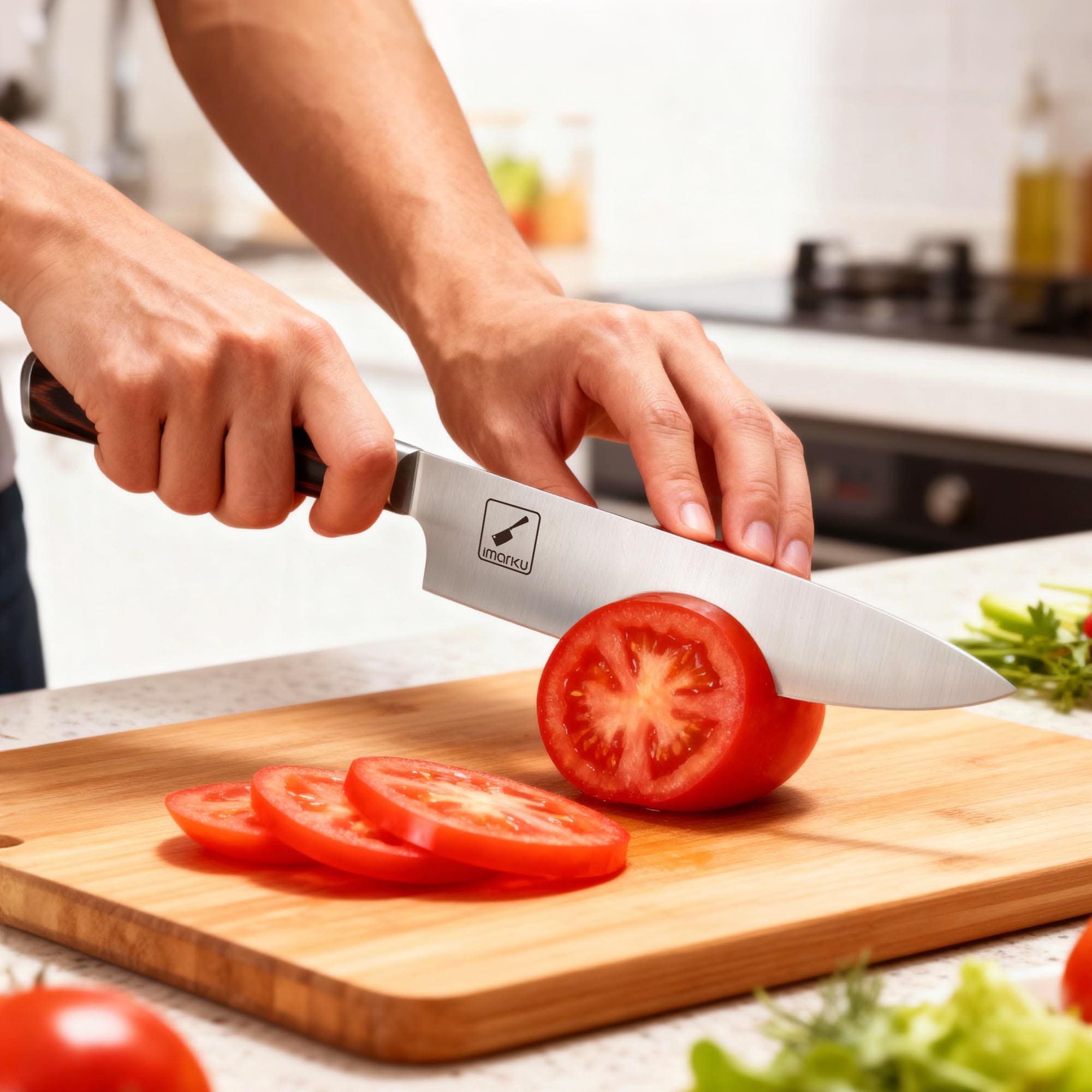
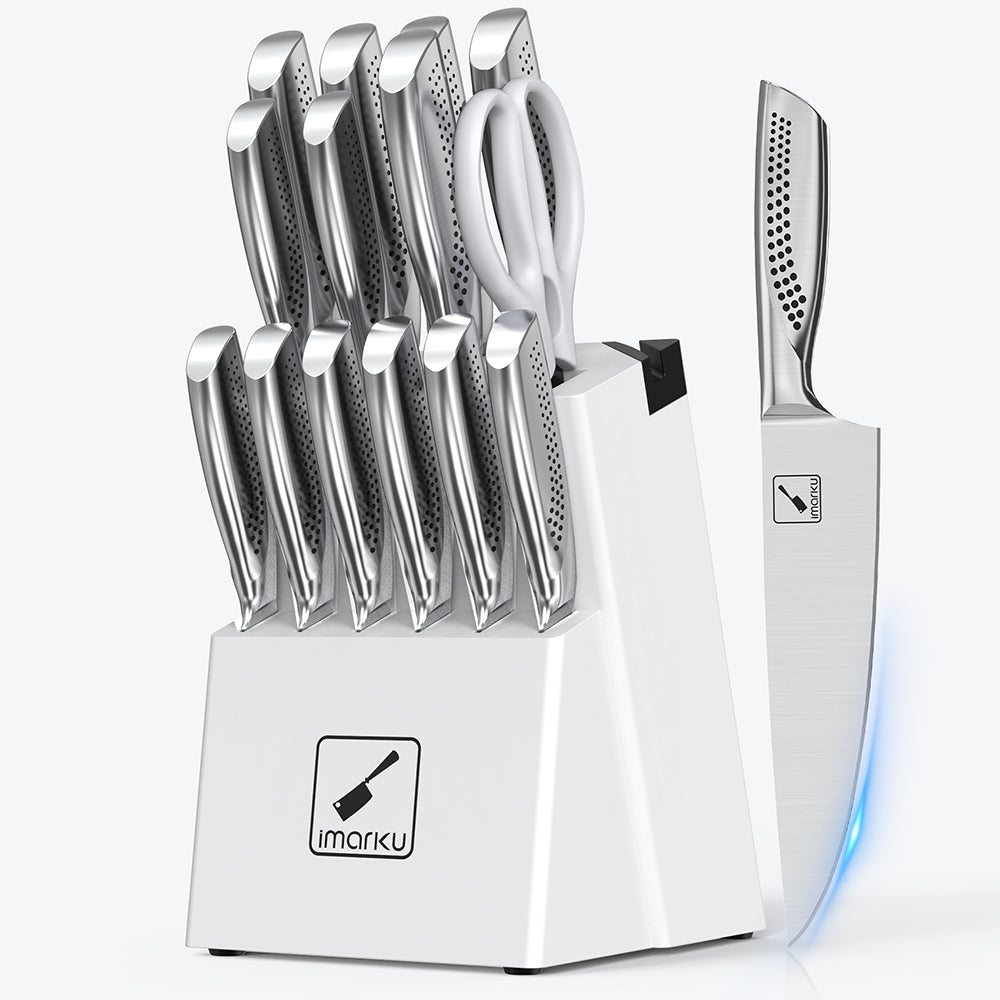
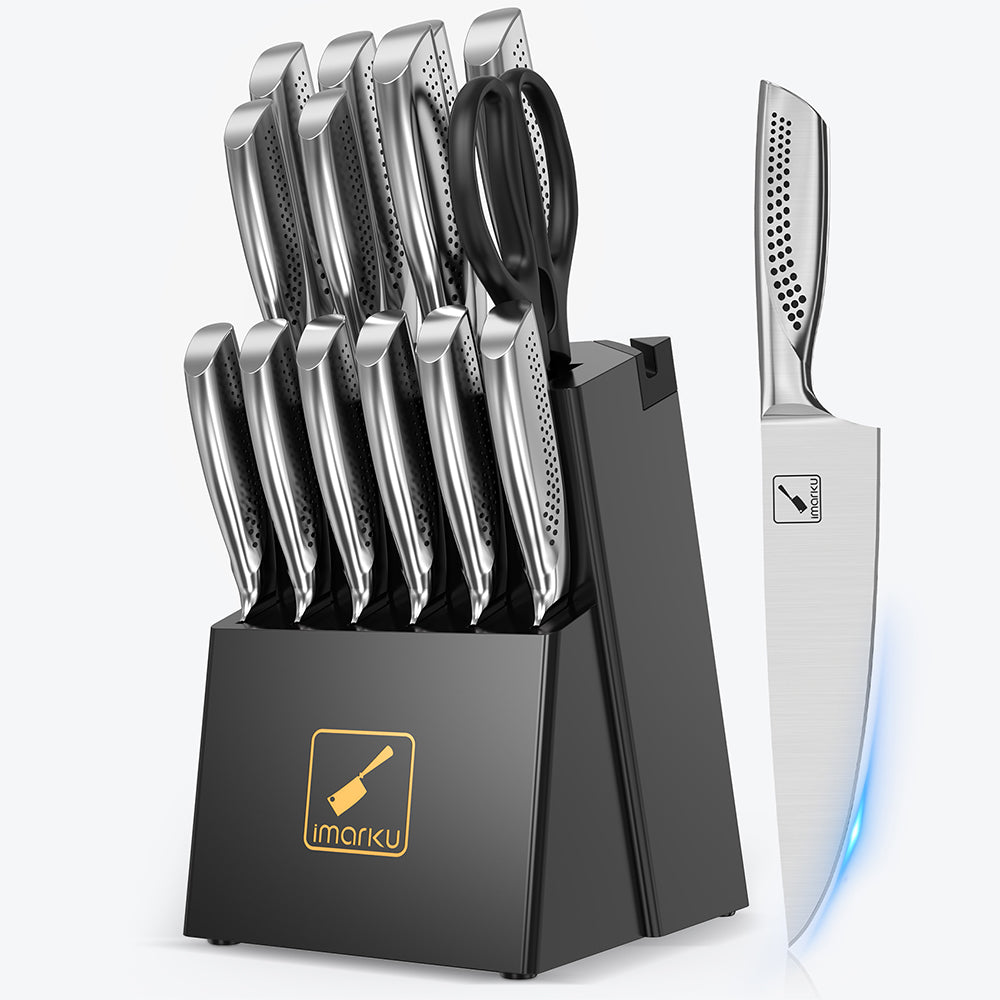
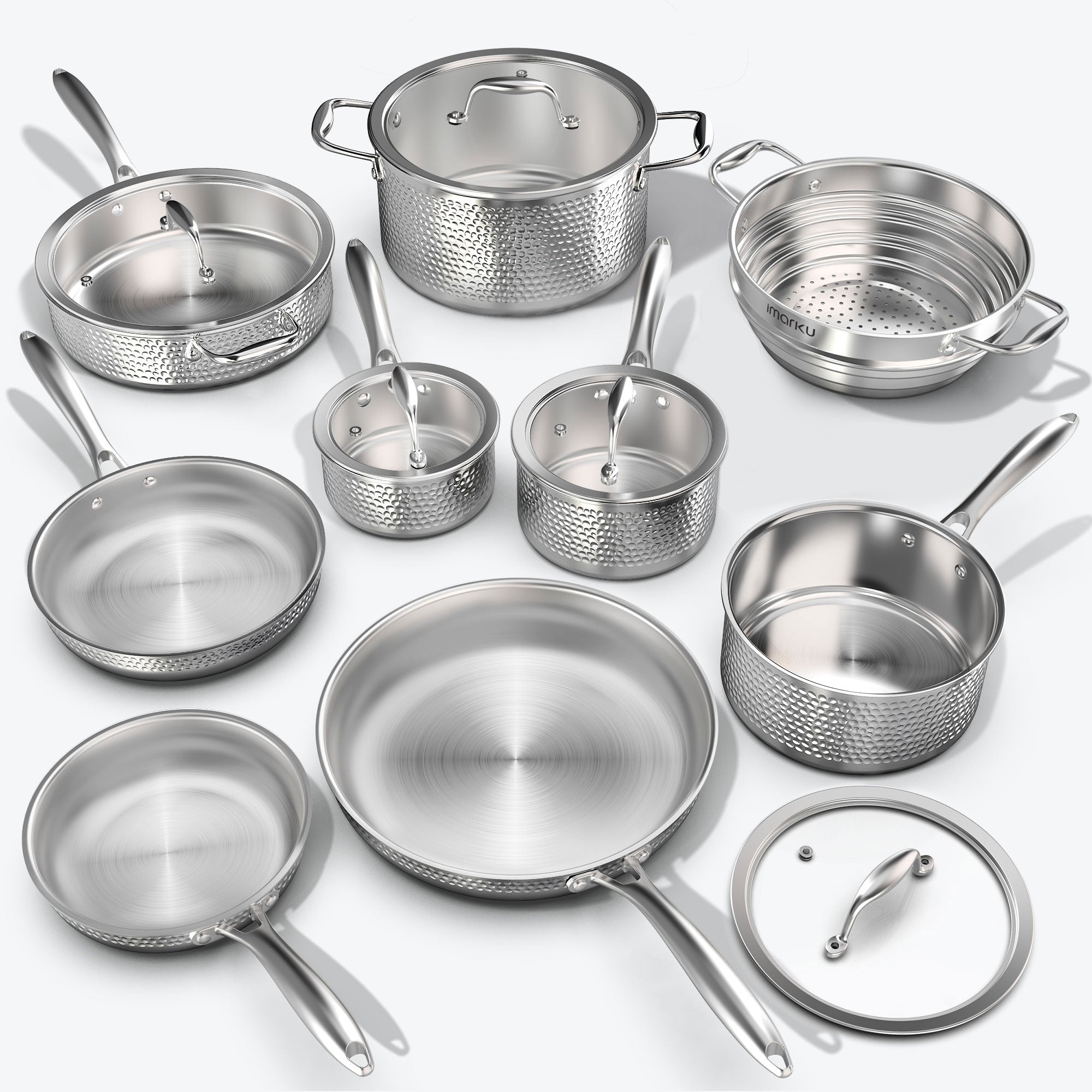
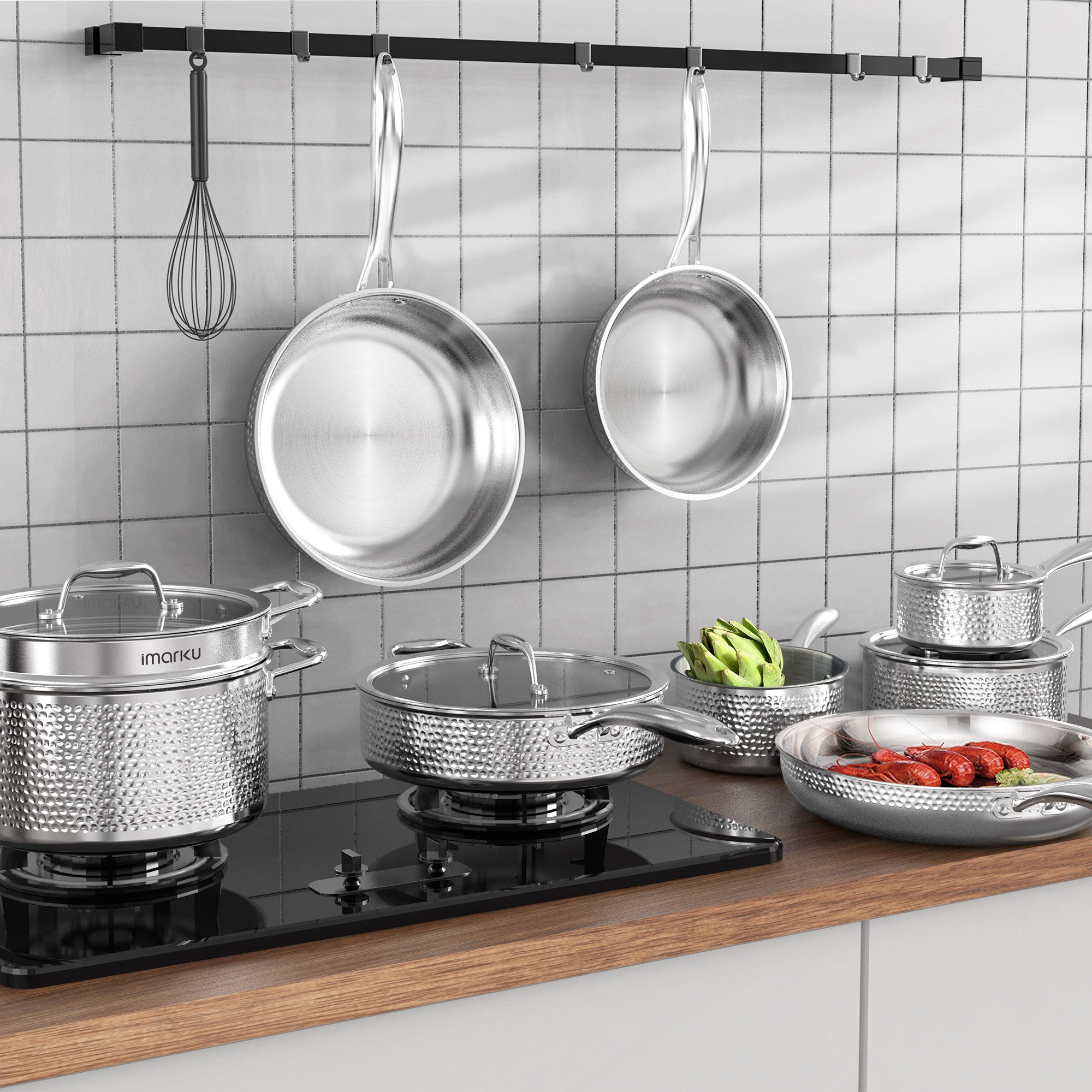
Leave a comment
All comments are moderated before being published.
This site is protected by hCaptcha and the hCaptcha Privacy Policy and Terms of Service apply.